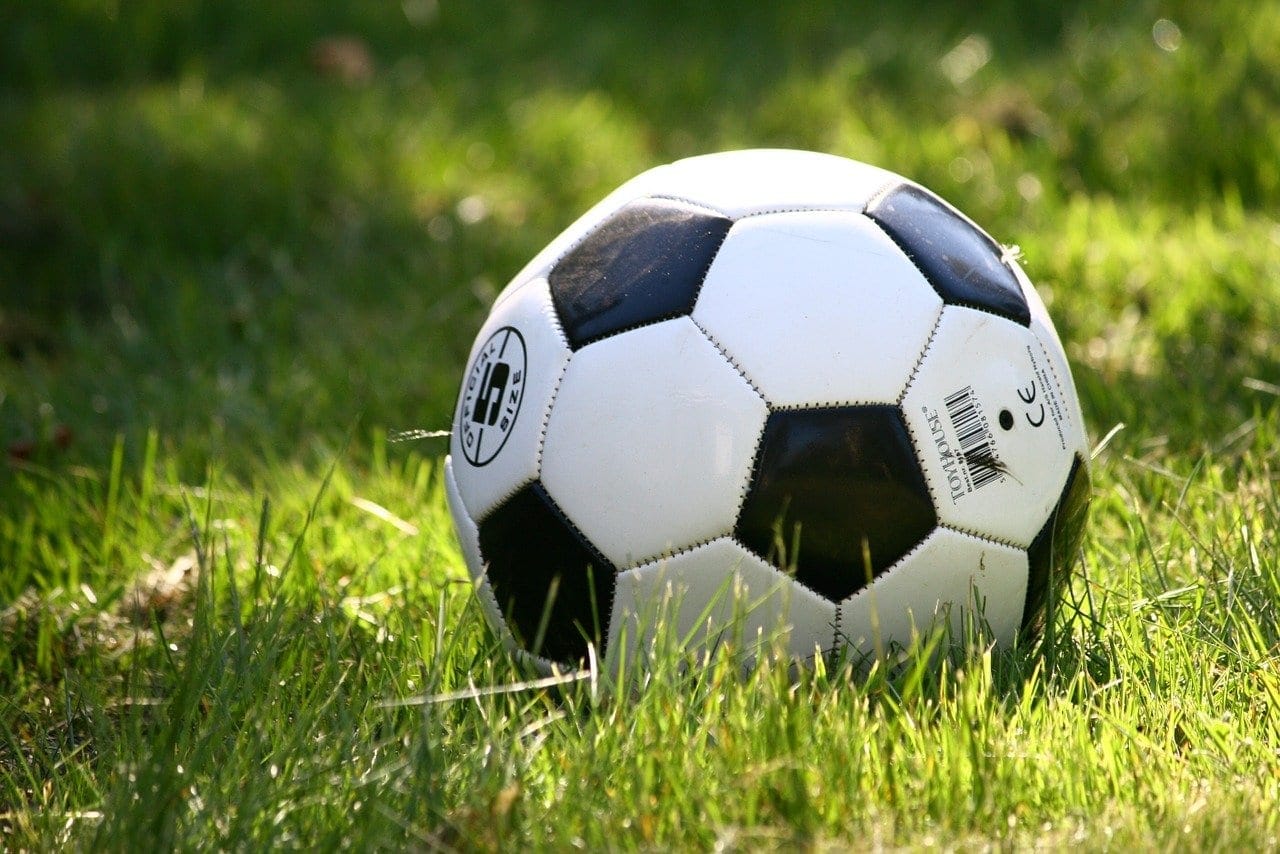You may have noticed in watching EURO 2020 that there has been a change in the handball law.
Not another change I hear you say, well this is one different for a few recent changes have been rescinded.
Gianni Infantine, the President of FIFA, says it is a step back, not a climb down.
Changes to the Laws of the Game were agreed at the annual meeting of IFAB in February and normally come into force from June.
This year that has been extended to July. However, competitions that span that date can use the new Laws and that is what is happening at EURO 2020. The referees have had pre-tournament training on the changes.
Until 2019, the handball law was simple, deceptively simple. Handball was an offence when a player deliberately made contact with the ball with his hand or arm.
The referee was told to consider the movement of the hand to the ball and not the ball to the hand, as well as the distance between the opponent and the unexpected ball.
In 2019, accidental handball was made an offence, if it resulted in a goal or created a goal scoring opportunity for a team mate.
That last part has been erased. Remember a Spurs player falling down while chasing the ball and accidentally knocking it forward for Harry Kane to score.
That goal would now be allowed, but scoring by a player who accidentally handles the ball, remains an offence.
In 2019, the phrase ‘making the body unnaturally bigger’ was introduced. This in a way legitimised how most referees operated for some time.
For instance, if a player stood with arms stretched out sideways, or dived to stop a kick but with arms stretched above their head or of course in a wall, jumping with hands above the head.
This is now described using a lot of long words but basically it means if a player’s hand/arm would not normally be in that position for the action he’s taking.
Not every touch of the ball with hand/arm is an offence. A step back indeed.
FROM THE MIDDLE: Handball laws to take a step back
POPULAR THIS WEEK
ABOUT US
Wokingham Today is dedicated to providing news online across the whole of the Borough of Wokingham. It is a Social Enterprise, existing to support the various communities in Wokingham Borough.
CONTACT US


The Wokingham Paper Ltd publications are regulated by IPSO – the Independent Press Standards Organisation.
If you have a complaint about a The Wokingham Paper Ltd publication in print or online, you should, in the first instance, contact the publication concerned, email: [email protected], or telephone: 0118 327 2662. If it is not resolved to your satisfaction, you should contact IPSO by telephone: 0300 123 2220, or visit its website: www.ipso.co.uk. Members of the public are welcome to contact IPSO at any time if they are not sure how to proceed, or need advice on how to frame a complaint.













































